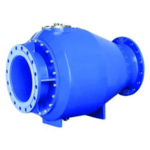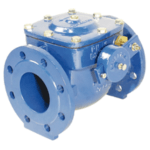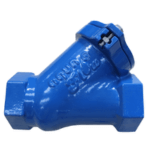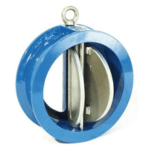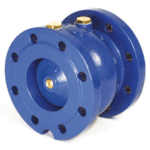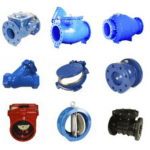How-to: Select a Check Valve
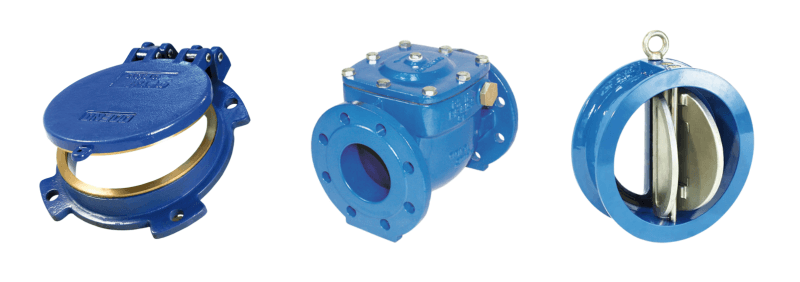
A check valve is a simple self-acting device that prevents backflow within a pipeline by only allowing fluids to move in one direction. This prevents potential potable water contamination and equipment damage from debris that could disrupt sewage management and flood protection applications.
From swing and ball check valves to high-performance non-slam recoil check valves, let’s take a closer look at the different types and how they work, including what to think about when selecting one for your application.
Types of check valves
Check valves are also known as non-return valves, reflux valves, one-way valves and clack valves. They come in various sizes to suit different applications and can be designed to handle potable water, wastewater and sewage, some of the most common types of check valves include:
Although usually installed horizontally, they can also be placed vertically depending on the setup.
Selecting a Check Valve
The three main things to consider when selecting the check valve are the material viscosity, pressure, temperature and flow rate (or the volume of water that will flow through the valve per minute). This information will help you to choose the most suitable check valve for the job in terms of its design capabilities, ensuring efficient and reliable operations over the long term.
Check Valves for Clean/Potable Water
In potable water applications check valves ensure no external or backflowing materials can enter the system and contaminate the water - but they also need to be suitable for drinking water handling. Certification bodies such as WRAS can approve products for use in clean water applications, making sure your system is compliant with Water Supply Regulations.
The most suitable solutions for potable water applications are twin-plate (wafer) check valves, axial check valves and swing check valves.
Check Valves for Wastewater and Sewage
In these applications, the check valve will prevent materials from entering back into the system and causing an overflow or recontamination. The most suitable solutions for wastewater and sewage applications are swing or ball check valves, with Recoil check valves sometimes being used in demanding applications.
Expert advice
The T-T Flow team are on hand to provide expert advice in finding the most effective check valve for your application, for more help, contact T-T below by calling +44 (0)1630 647200, emailing ttflow@ttpumps.com or completing our online enquiry form.

